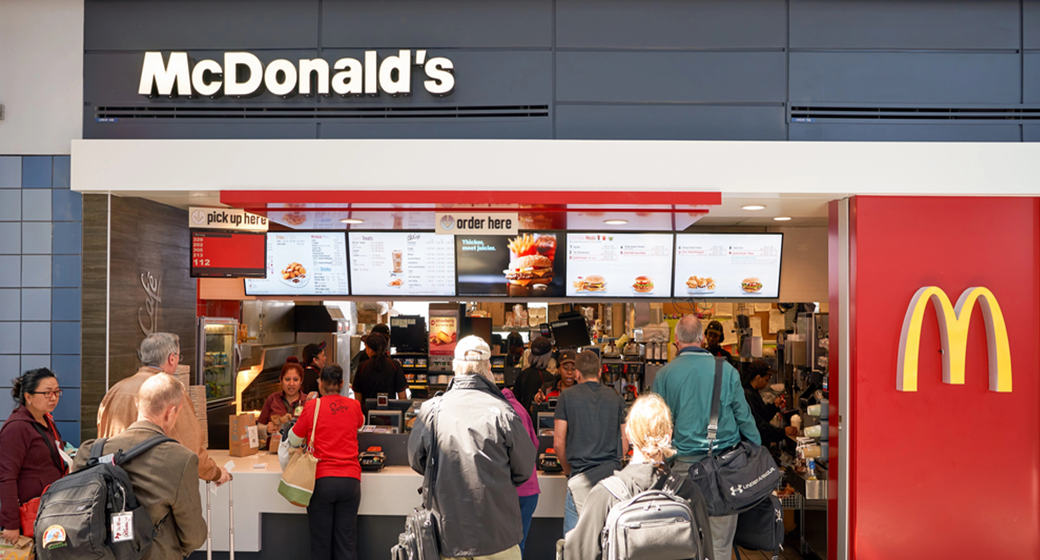
-
Posted By Sirmabekian
-
2024
-
0 Comments
California is on the verge of a groundbreaking change, as a new minimum wage law promises to lift the earnings of numerous fast food workers to $20 per hour. This legislative milestone is part of a broader initiative aimed at reducing economic inequality and enhancing the quality of life for many Californians. Let’s take a closer look at who will benefit from this wage increase and the adaptations companies with a $20 minimum wage are making.
Legislative Framework Setting the Stage
California’s decision to boost wages in the fast food sector comes amid wider state initiatives targeting the widening gap between living costs and earnings. The rule applies to fast food chains with more than 100 locations nationwide, ensuring large players in the market adjust their pay scales. This move not only recognizes the essential role these workers play, particularly highlighted during recent times of crisis but also sets a progressive example for other regions and sectors to possibly follow.
Which Chains Are Impacted?
Notable fast food giants such as McDonald’s, Burger King, and Wendy’s, all of which have a significant footprint in California, will see their wage structures adjust to meet the new requirements. As leading industry players, these chains must now increase their base hourly wage to $20, influencing both their workforce and competitive dynamics within the fast food industry.
Effects on Employees and Company Operations
This wage increase is transformative for employees, offering them a new layer of financial stability and the ability to better support themselves and their families. For the fast food chains, while the rise in wages means an increase in operational costs, it also presents an opportunity to decrease employee turnover and enhance job satisfaction among staff. Companies may need to explore strategic changes such as integrating more technology or modifying pricing strategies to balance the higher expenses.
Employer Challenges and Strategic Opportunities
The adjustment to a $20 minimum wage is not without its challenges for employers, primarily the financial burden of higher salaries. However, adapting to these changes can also spur innovation in service and operational efficiency. Companies that proactively manage this transition can improve their public image and attract a workforce that is more engaged and dedicated, tapping into consumer trends favoring ethical corporate practices.
Wider Economic Implications
Beyond the fast food sector, the wage increase could stimulate the broader economy. Higher earnings mean increased consumer spending, which can invigorate local businesses and service providers. Additionally, this shift may inspire workers in other fields to seek similar wage improvements, potentially leading to widespread economic benefits across various industries.
The shift to a $20 minimum wage for fast food workers in California is a significant stride towards equitable labor practices. This initiative not only betters the lives of countless workers but also challenges other industries to reconsider their compensation schemes. Watching this policy unfold, it becomes evident that the implications are far-reaching, reaffirming California’s leadership in championing the rights and welfare of workers.
 English
English Spanish
Spanish